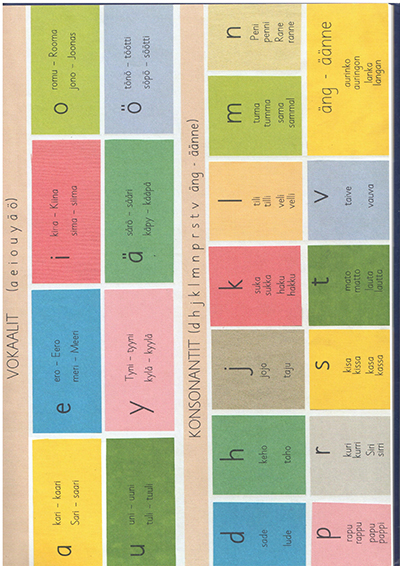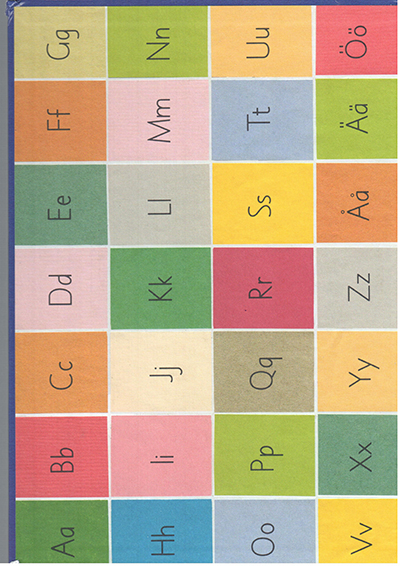| Sorted by date | |||
page172from Building Ideasour social behavior, and particularly the way psychoanalysis has been taken up in a political context. While the two fields seem separate when briefly summarized in this way, the underlying themes that could be said to link them should become apparent on closer study. A major theme in the traditional debate over the relationship between architecture and society is the political potential of art in general as a means of critique or social comment. As we saw in Part 1, the view of architecture as a creative art could be seen s as an implied critique of technological determinism – a protest at the reduction of architecture to the impoverished practice of “shelter-engineering”. In a more specifically political sense this chapter will consider the status of architecture in society in relation to the dominant political paradigm of the Western capitalist liberal democracy. Under the present system a great deal of political power seems to lie with the vast multinational corporations, as they threaten to engulf the world with a “culture” of blandness and uniformity. Companies like the Disney Corporation, Coca Cola and Sky TV are fast becoming the great new world powers, as they expand their influence across the globe and threaten the survival of local cultures. In this context, social responsibility usually involves resistance to these globalizing forces, although all varieties of ideological “distortion” are seen as targets for the political artist.
From Marx to Marxism The school of thought that today believes in the critical capacity of the work of art – for exposing the underlying structures of political control and economic power – still for the most part draws its theoretical model from the work of Karl Marx, in addition to its various reworkings by his more recent interpreters. The key issue is the idea of architecture as a mode of “resistance” and transformation, with the power to effect change through its direct impact on the environment. As Marx pointed out, in one of his earliest writing: “ Philosophers have only interpreted the world, in various ways; the point, however, is to
|
|||
|
|||
|
|
 ... ...
... ... ... ...
... ... ... ...
... ... ... ...
... ... ... ...
... ... ... ...
... ... ... ...
... ... ... ...
... ... ... ...
... ... ... ...
... ... ... ...
... ... ... ...
... ... ... ...
... ... ... ...
... ... ... ...
... ...